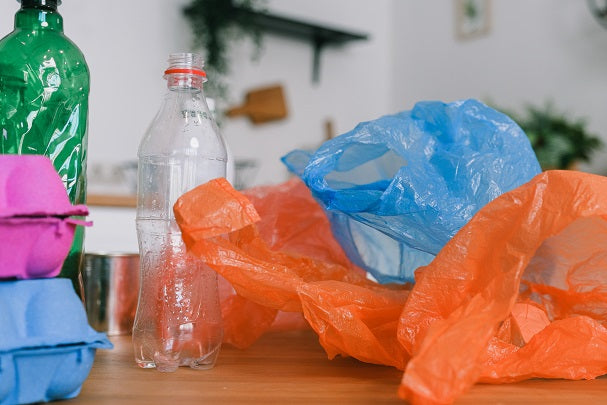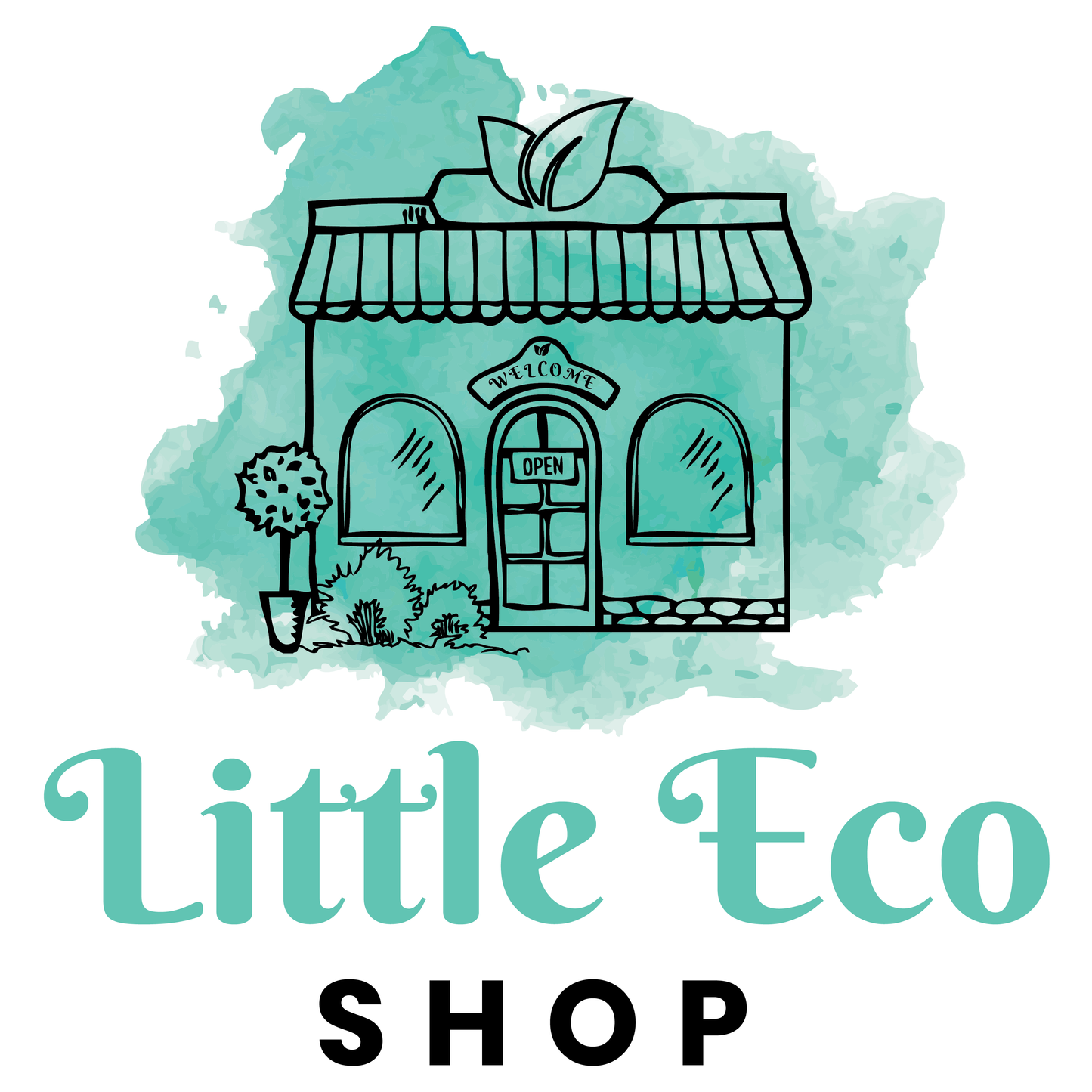
The collapse of RedCycle sent shockwaves through the community as the bins were taken away from the local supermarkets where we diligently took our bagged up soft plastics to be ‘recycled’ and not sent to landfill.
Now what do we do with the plastic packaging apart from put it in the landfill bin? What if I told you that you can reduce the impact of your soft plastics at home. Stick with me and I will explain.
The collapse of RedCycle sent shockwaves through the community as the bins were taken away from the local supermarkets where we diligently took our bagged up soft plastics to be ‘recycled’ and not sent to landfill.
Now what do we do with the plastic packaging apart from put it in the landfill bin? What if I told you that you can reduce the impact of your soft plastics at home. Stick with me and I will explain.
Prevention is better than cure
Like the standard waste hierarchy, we are starting with eliminating or reducing the soft plastics first. Aim for unpackaged items when you shop and use reusable bags and containers to hold this food, if possible.
Plastic-free bulk food stores are fast becoming more readily available with online bulk food stores available as well as physical bulk food stores in regional and metro areas. A quick google search will show you what is available near you.
Going unpackaged doesn’t mean that you need to shop exclusively at bulk food stores. You’ll be surprised by the number of places that will fill your own containers or bags if you ask- such as the local bakery for your bread and rolls and the deli counter at the supermarket. Just make sure that your containers are clean.
When unpackaged items are not an option, try to avoid the plastic by choosing items that are packed in easily recyclable materials. Soup in a can rather than a plastic pouch, or pasta in a box rather than a bag.
Give the bag a second spin
Avoiding plastic packaging is hard, but when it does make it into your home try to give it a second [or even more] use. Any bag with a zip closure is a good option to store food in rather than buying single use zip lock bags. Give them a good wash and they will be ready to store some snacks or food ready for the fridge or freezer.
In fact, any intact and clean bag can be used again to store meal prepped fresh produce (chopped veg) or dividing bulk meat into portions in the fridge or freezer.
Bread and cereal bags are my current go to as doggy pick-up bags, so I’m never without bags for our walks and the bag is having a second use. Bread bags also make great bin liners for smaller rubbish bins.
When I recently ended up with a large number of supermarket bags from a homedelivery I took the bags to school so they could use them to pack wet or dirty student uniforms or anything else that needed to be packed up and sent home such as end of year clean outs of books and stationery.
Recycling soft plastics is not impossible
There are definitely soft plastics that are not suitable to be reused due to the size or type. This is when recycling is the best option. And whilst RedCycle is not an option anymore there are still a few options for soft plastic recycling.
Schools and childcare centres are collecting bread bags for the Wonder Recycling Rewards schools’ campaign. It can be any bread bag and doesn’t need to be a wonder white brand bag, just the same soft scrunchable plastic that bread has come in. Why not contact your local school or childcare to see if they are involved?
Curby is an option for those living in participating council areas to have soft plastics collected in your standard kerbside recycling council bin in specially marked bags for sorting at the waste transfer stations. You can find out more here and register your interest or sign up if available to you now.
RecycleSmart is another option for soft plastic recycling in participating areas. Some council areas it is free and others there is a cost for service. You can see if you are in their area here.
Some final thoughts
Prevention should be the aim with soft plastics, as they are one of the leading sources of pollution globally and despite growing awareness of its environmental impact, single-use plastic production is continuing to surge. However, we know that it can be hard to avoid in a typical supermarket shop. Bulk food shops are a great alternative for plastic free food shopping, especially with online bulk food stores now becoming more prevalent.
A few small changes to items you buy can reduce the amount of soft plastic you bring home. Then by reusing the packaging you are giving that resource a second or third use and ultimately when it is recycled or sent to landfill it has had more value than a one hit wonder.
Over to you
We encourage collaboration and community in our mission for sustainability and would love you to comment below if you have any other ideas or information about soft plastics avoidance or reuse.
